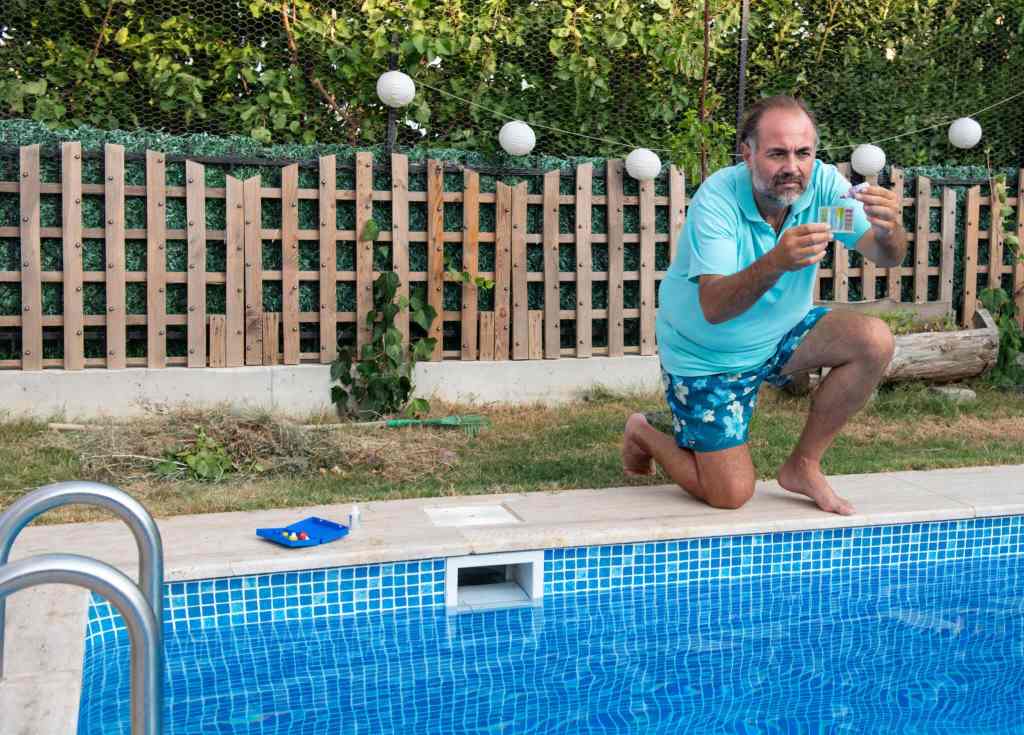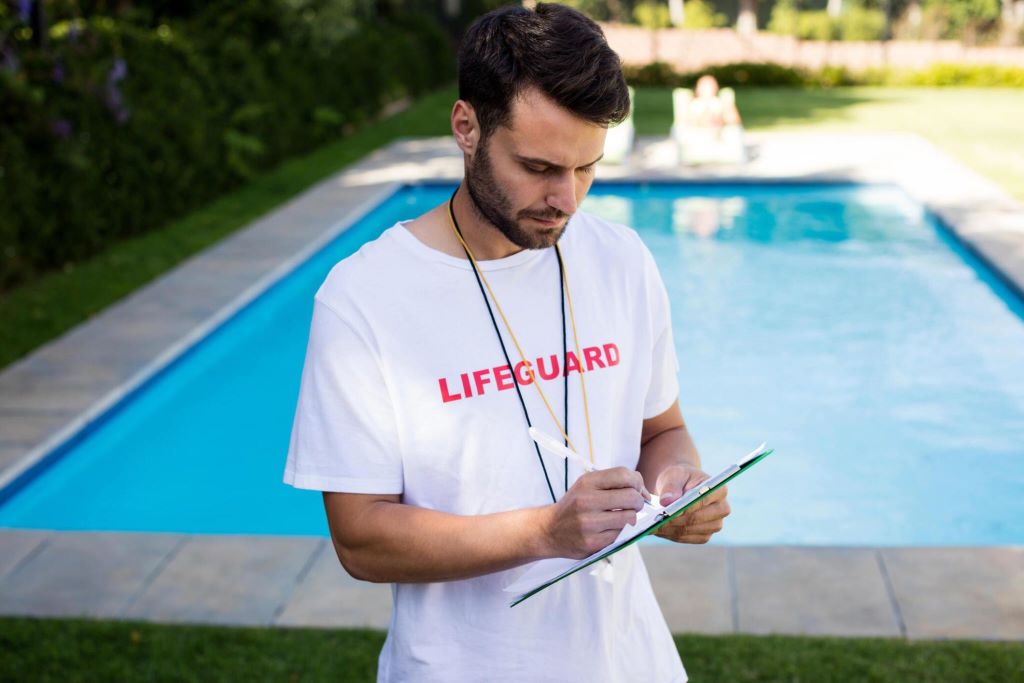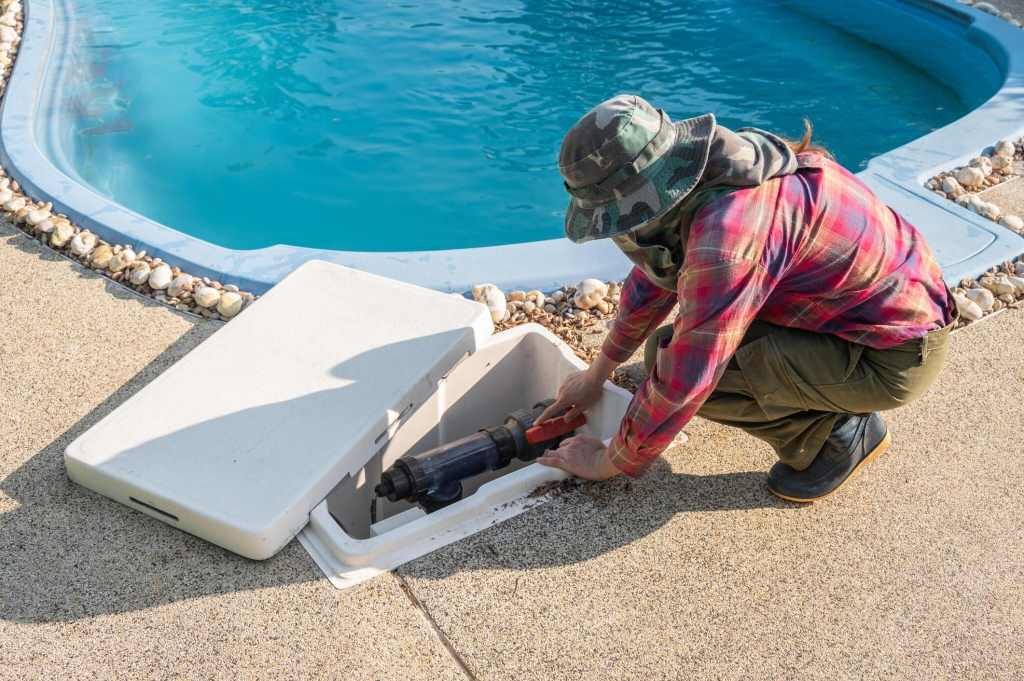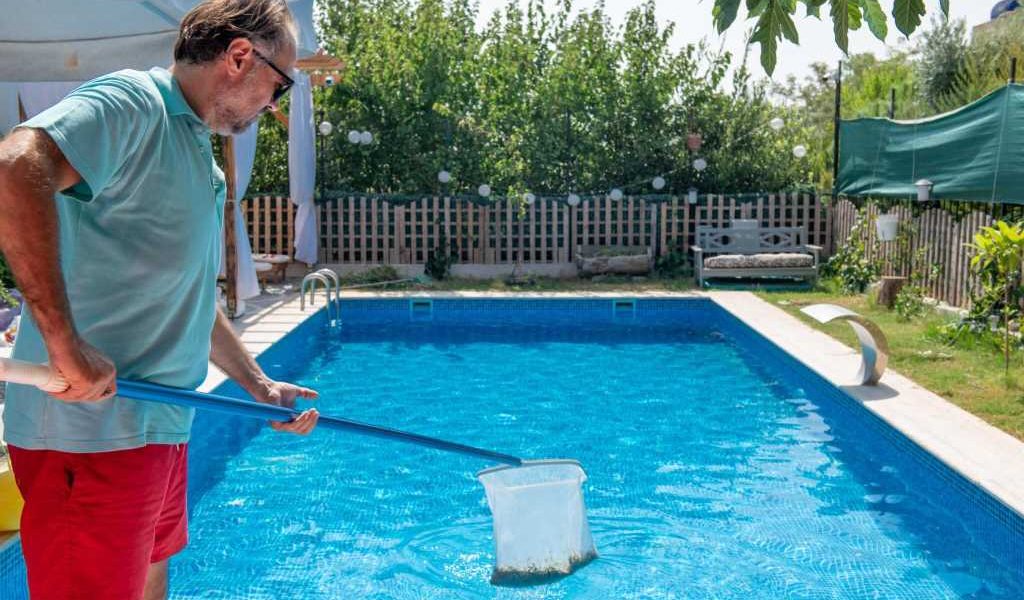Maintaining a safe and healthy environment around swimming pools is paramount to ensuring the well-being of individuals who use these facilities. Pool safety inspections play a crucial role in identifying and mitigating potential hazards, thereby enhancing health and preventing accidents.
In this comprehensive article, we delve into the importance of pool safety inspections in well-being maintenance, exploring their significance in promoting safety, preventing injuries, and ensuring compliance with regulations. If you want to know more about pool safety inspection, you can contact One Stop Inspections.
Understanding the Significance of Pool Safety Inspections
Pool safety inspections are comprehensive assessments conducted to evaluate the condition of swimming pools, as well as their surrounding areas and equipment. These inspections aim to identify potential hazards, non-compliance with safety standards, and areas for improvement to minimize risks and promote a safe environment for pool users.
Promoting Safety and Preventing Accidents
Ensuring safety and preventing accidents are paramount in any environment. Through robust protocols, training, and vigilance, organizations can promote a secure atmosphere for all stakeholders, minimizing risks and fostering healthy well-being.

- Identification of Hazards: Pool safety inspections help identify potential hazards such as slippery surfaces, broken equipment, and inadequate fencing or barriers.
- Preventive Measures: By addressing identified hazards promptly, pool owners and operators can prevent accidents and injuries, thereby promoting safety for all pool users.
Ensuring Compliance with Regulations
Compliance with regulations is essential for ethical and legal integrity. By adhering to established guidelines, organizations uphold accountability, mitigate risks, and build trust within their industries and communities.
- Legal Requirements: Many jurisdictions have regulations and safety standards governing the operation and maintenance of swimming pools, including requirements for fencing, signage, and water quality.
- Compliance Verification: Pool safety inspections ensure that pools meet regulatory requirements and adhere to industry standards, minimizing the risk of fines, penalties, and liability issues.
The Comprehensive Nature of Pool Safety Inspections
Pool safety inspections encompass various aspects of pool maintenance, including structural integrity, equipment functionality, water quality, and adherence to safety protocols. By conducting thorough assessments, inspectors can identify potential issues and implement corrective measures to mitigate risks effectively.
Structural Integrity
Maintaining structural integrity is vital for safety and functionality. Through rigorous inspection, maintenance, and adherence to engineering standards, structures can withstand environmental stresses and ensure long-term reliability.
- Pool Structure: Inspectors assess the integrity of the pool’s walls, floors, and surfaces, checking for cracks, leaks, and deterioration that could compromise safety.
- Decking and Surroundings: The condition of the pool deck, walkways, and surrounding areas is evaluated to ensure stability and prevent slips, trips, and falls.
Water Quality and Chemical Balance
Maintaining water quality and chemical balance is crucial for health and environmental sustainability. By monitoring and adjusting levels, we safeguard ecosystems, public health, and vital resources for future generations.
- Water Testing: Water samples are analyzed to assess chemical balance, including pH levels, chlorine concentration, and water clarity, to ensure compliance with health and safety standards.
- Prevention of Waterborne Illnesses: Proper water quality maintenance reduces the risk of waterborne illnesses and infections, safeguarding the health of pool users.

The Role of Pool Safety Inspections in Accident Prevention
Accidents and injuries around swimming pools can have severe consequences, ranging from minor incidents to life-threatening emergencies. Pool safety inspections play a crucial role in accident prevention by identifying potential hazards and implementing preventive measures to mitigate risks effectively.
Preventing Drowning Incidents
Preventing drowning incidents is paramount for water safety. By implementing measures such as supervision, education, and proper equipment use, communities can reduce risks and save lives around aquatic environments.
- Fencing and Barriers: Inspections ensure that pool fencing and barriers meet height and integrity requirements, preventing unauthorized access and reducing the risk of drowning incidents.
- Safety Signage: Clear and visible signage, including warning signs and depth markers, helps communicate important safety information to pool users and prevents accidents.
Addressing Slip and Fall Hazards
Addressing slip and fall hazards is vital for preventing accidents and injuries. Through proactive measures such as regular maintenance, signage, and employee training, risks can be minimized, ensuring safer environments.
- Surface Maintenance: Pool safety inspections assess the condition of pool surfaces and decking, identifying uneven surfaces, cracks, and slippery areas that pose slip and fall hazards.
- Non-slip Coatings: Applying non-slip coatings to pool decks and surrounding areas enhances traction and reduces the risk of slips and falls, especially in wet conditions.
Ensuring Continued Compliance and Maintenance
Pool safety is an ongoing responsibility that requires regular inspections, maintenance, and adherence to safety protocols. By establishing a culture of safety and accountability, pool owners and operators can ensure continued compliance with regulations and standards, as well as the well-being of pool users.
Regular Inspection Schedules
Regular inspection schedules are crucial for maintaining safety and functionality. By systematically assessing equipment, structures, and environments, organizations can identify issues early, preventing accidents and ensuring operational efficiency.
- Routine Assessments: Establishing regular inspection schedules ensures that pools are routinely evaluated for safety hazards and compliance with regulations.
- Seasonal Maintenance: Seasonal inspections address specific maintenance needs, such as winterization and reopening preparations, to maintain safety year-round.
Training and Education
Training and education are fundamental for equipping individuals with essential knowledge and skills. By investing in continuous learning opportunities, organizations foster competence, safety awareness, and professional development among their workforce.
- Staff Training: Providing training and education to pool staff on safety protocols, emergency procedures, and equipment operation ensures readiness to respond effectively to incidents.
- Public Awareness: Educating pool users about safety rules, proper behavior, and water hazards promotes a culture of safety and prevents accidents.

Conclusion
In conclusion, pool safety inspections play a vital role in maintaining a safe and healthy environment for individuals who use swimming pools. By identifying potential hazards, ensuring compliance with regulations, and implementing preventive measures, pool safety inspections contribute to accident prevention and overall well-being. Pool owners and operators must prioritize safety by conducting regular inspections, addressing identified issues promptly, and promoting a culture of safety among staff and pool users.






